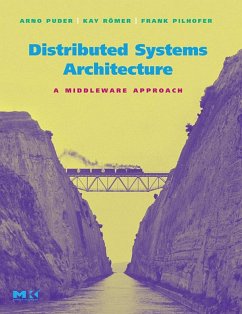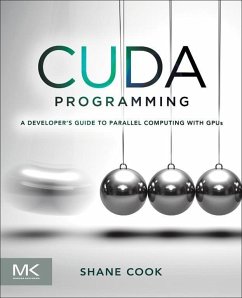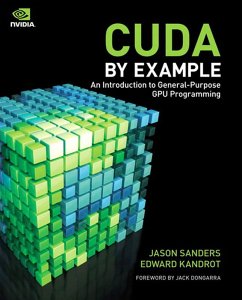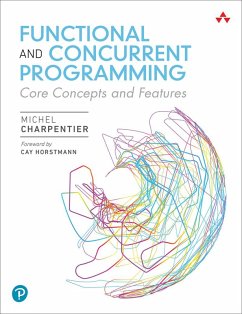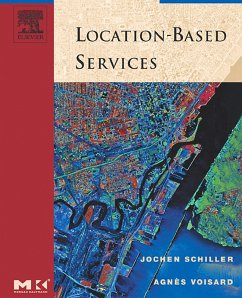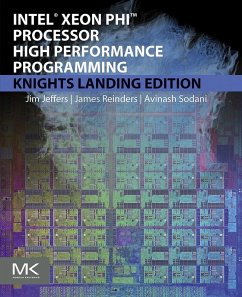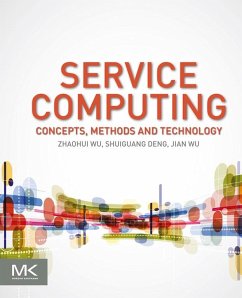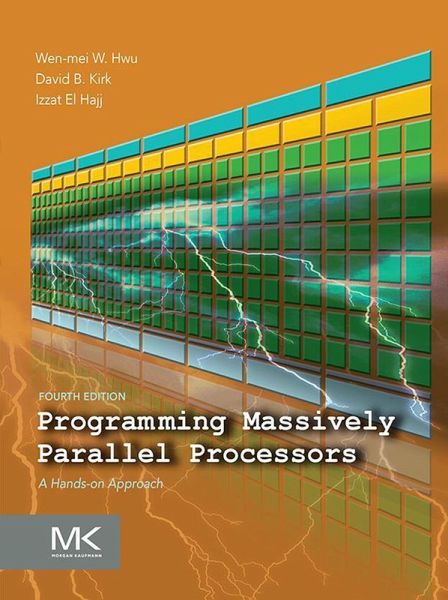
Programming Massively Parallel Processors (eBook, ePUB)
A Hands-on Approach
Versandkostenfrei!
Sofort per Download lieferbar
53,95 €
inkl. MwSt.
Weitere Ausgaben:

PAYBACK Punkte
27 °P sammeln!
Programming Massively Parallel Processors: A Hands-on Approach shows both students and professionals alike the basic concepts of parallel programming and GPU architecture. Concise, intuitive, and practical, it is based on years of road-testing in the authors' own parallel computing courses. Various techniques for constructing and optimizing parallel programs are explored in detail, while case studies demonstrate the development process, which begins with computational thinking and ends with effective and efficient parallel programs. The new edition includes updated coverage of CUDA, including ...
Programming Massively Parallel Processors: A Hands-on Approach shows both students and professionals alike the basic concepts of parallel programming and GPU architecture. Concise, intuitive, and practical, it is based on years of road-testing in the authors' own parallel computing courses. Various techniques for constructing and optimizing parallel programs are explored in detail, while case studies demonstrate the development process, which begins with computational thinking and ends with effective and efficient parallel programs. The new edition includes updated coverage of CUDA, including the newer libraries such as CuDNN. New chapters on frequently used parallel patterns have been added, and case studies have been updated to reflect current industry practices. - Parallel Patterns Introduces new chapters on frequently used parallel patterns (stencil, reduction, sorting) and major improvements to previous chapters (convolution, histogram, sparse matrices, graph traversal, deep learning) - Ampere Includes a new chapter focused on GPU architecture and draws examples from recent architecture generations, including Ampere - Systematic Approach Incorporates major improvements to abstract discussions of problem decomposition strategies and performance considerations, with a new optimization checklist
Dieser Download kann aus rechtlichen Gründen nur mit Rechnungsadresse in A, B, BG, CY, CZ, D, DK, EW, E, FIN, F, GR, HR, H, IRL, I, LT, L, LR, M, NL, PL, P, R, S, SLO, SK ausgeliefert werden.




